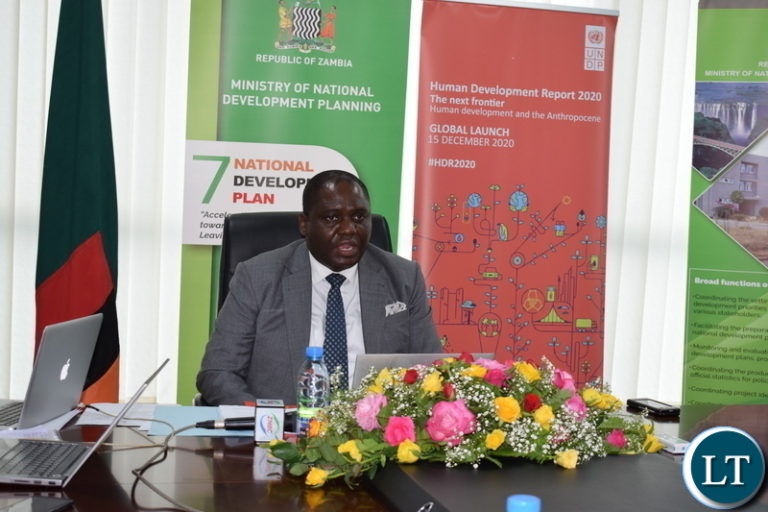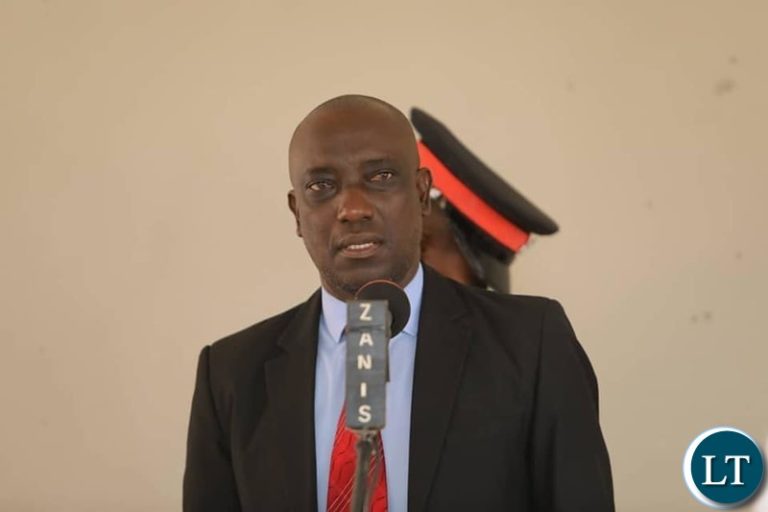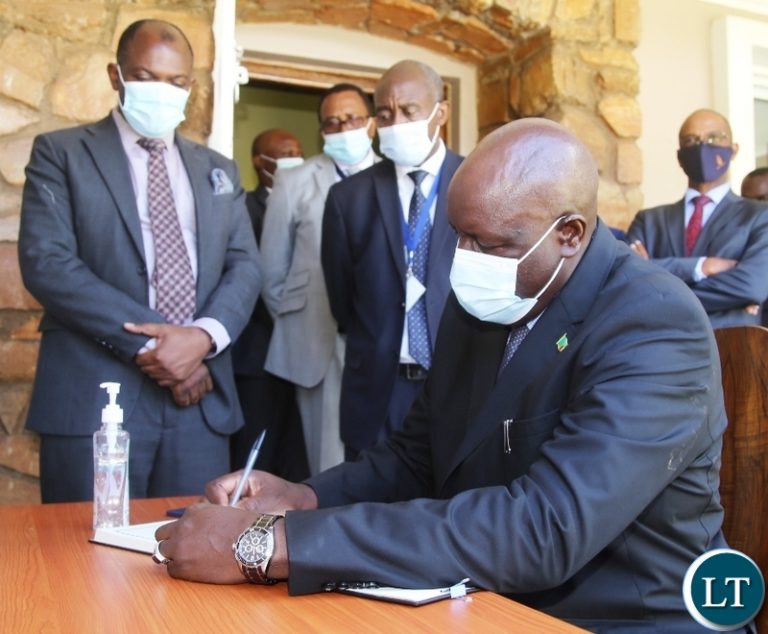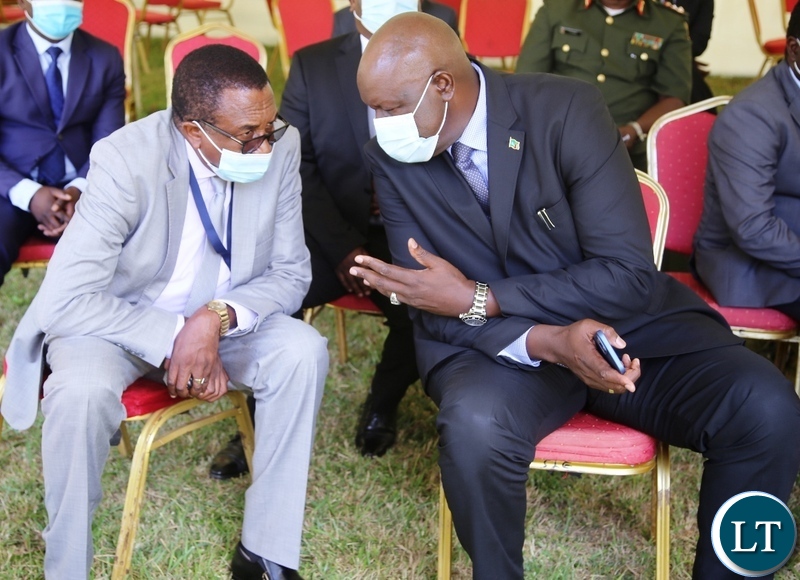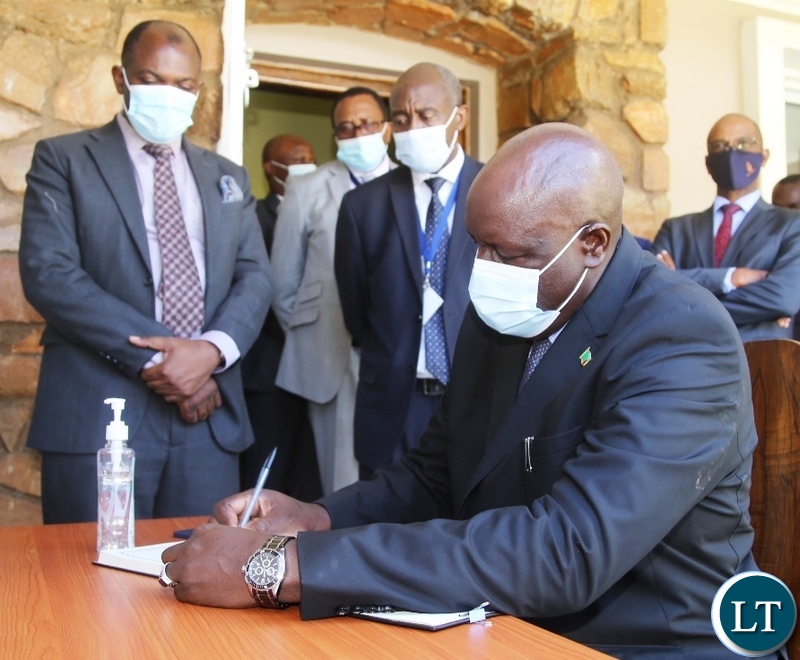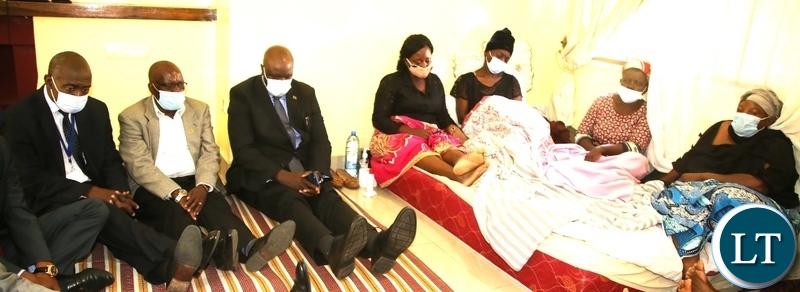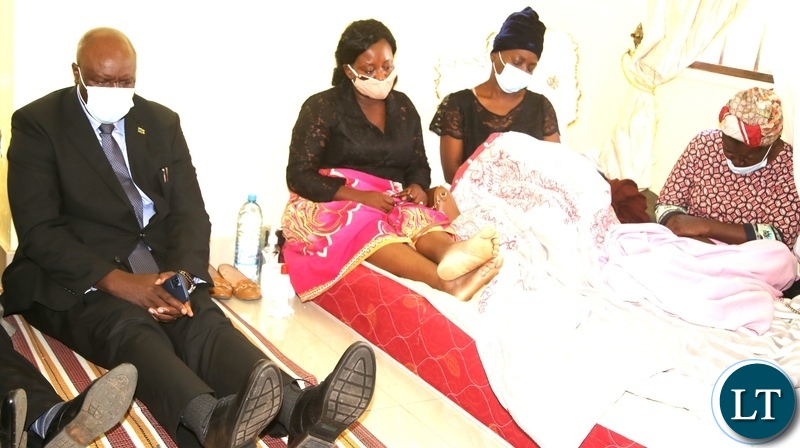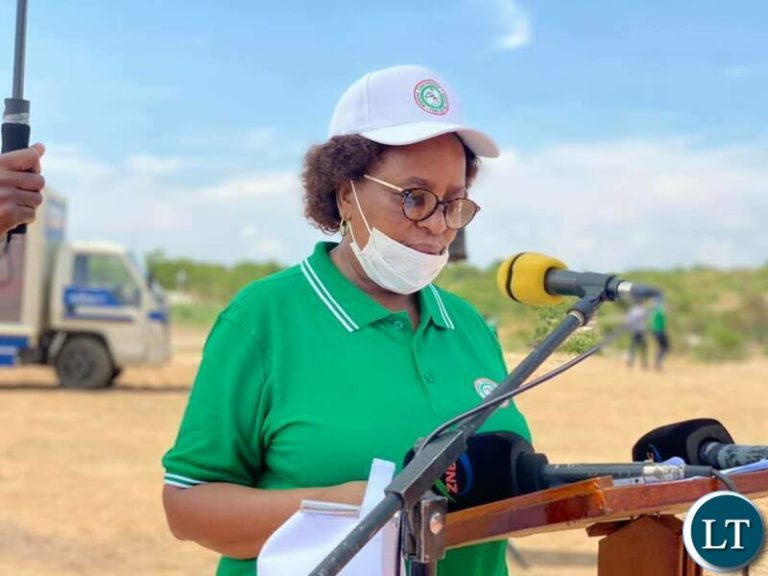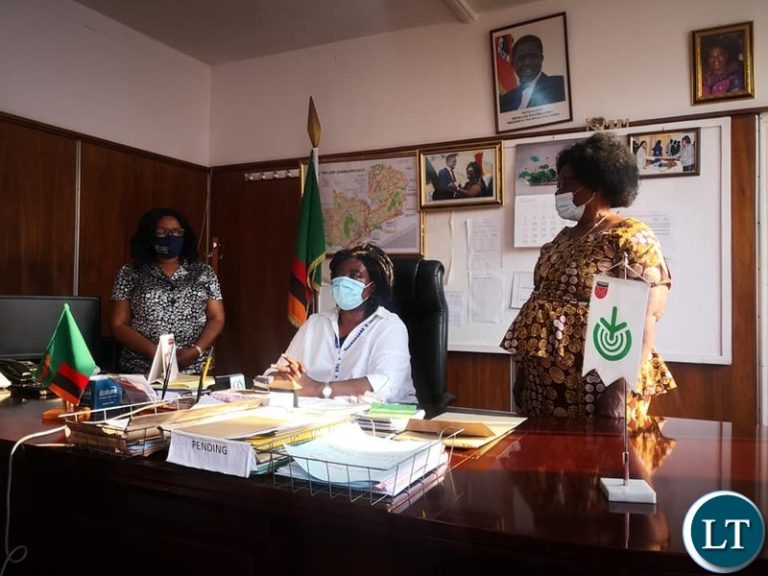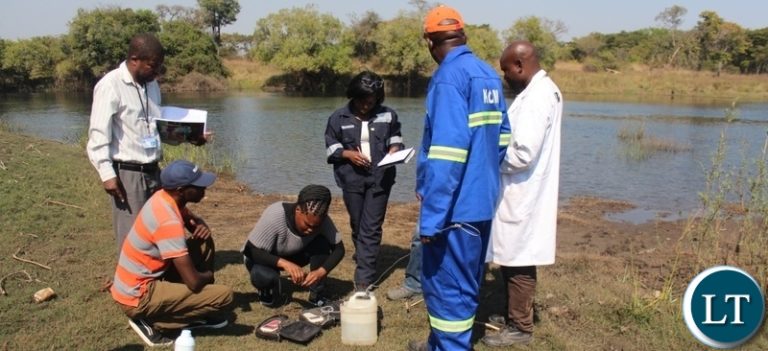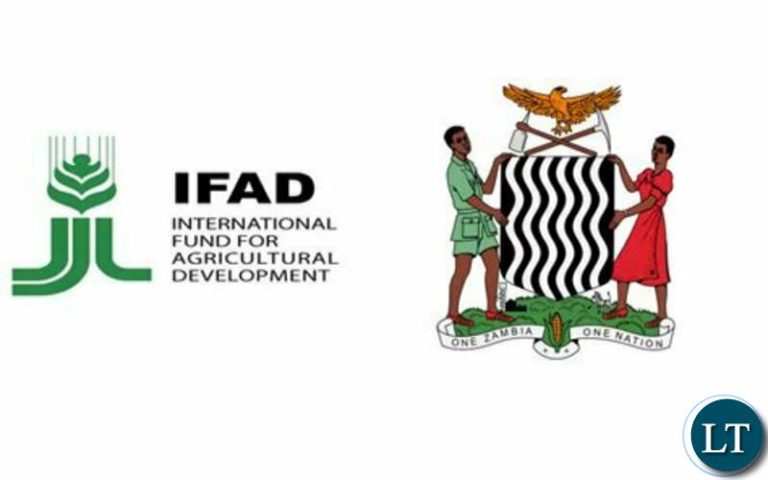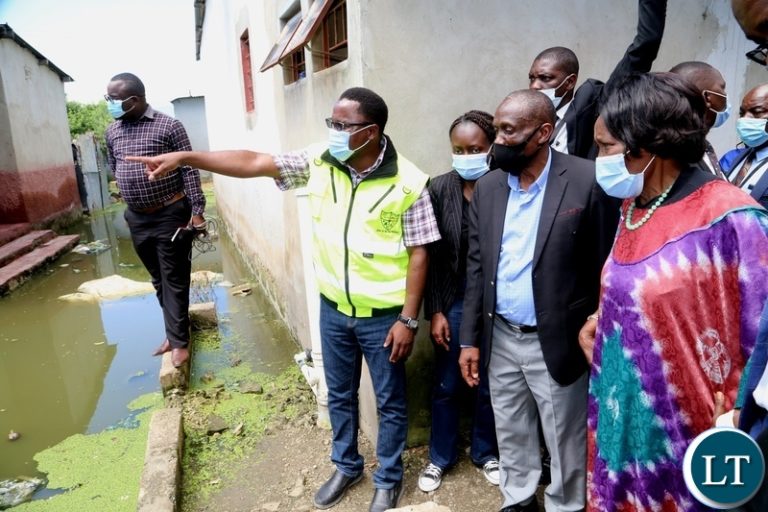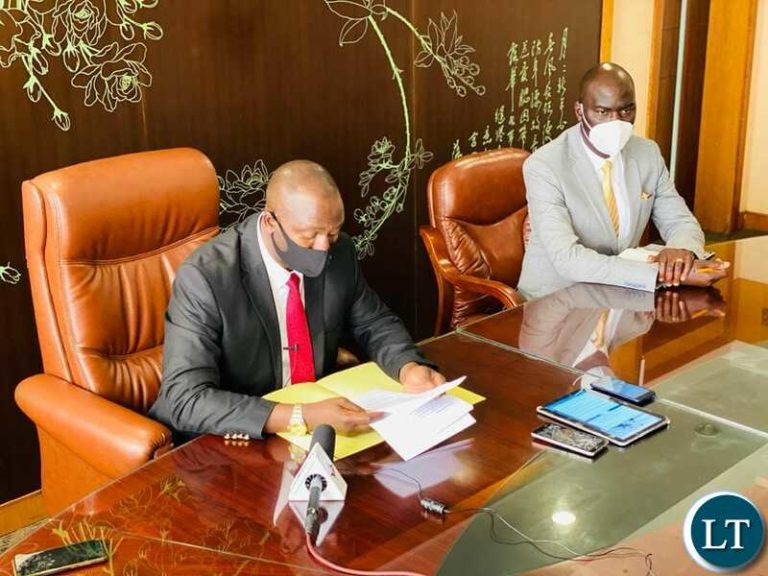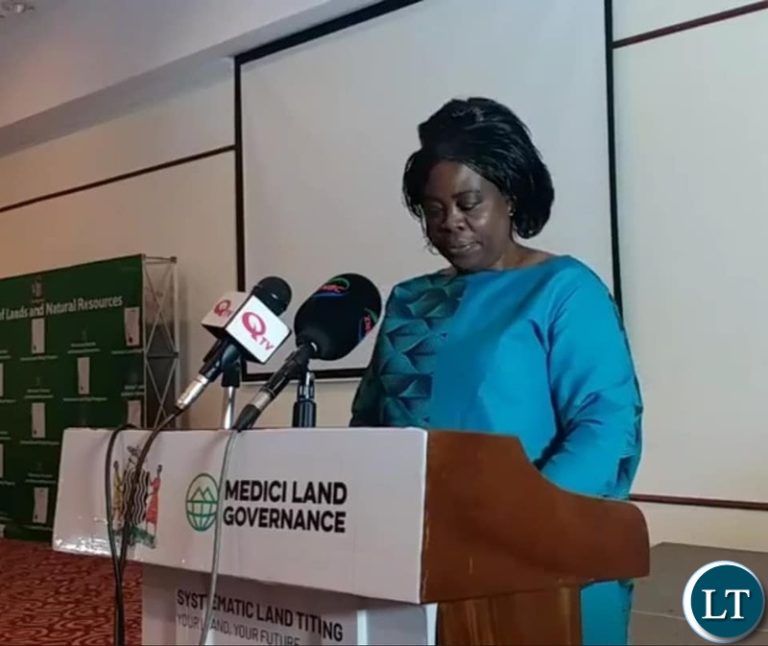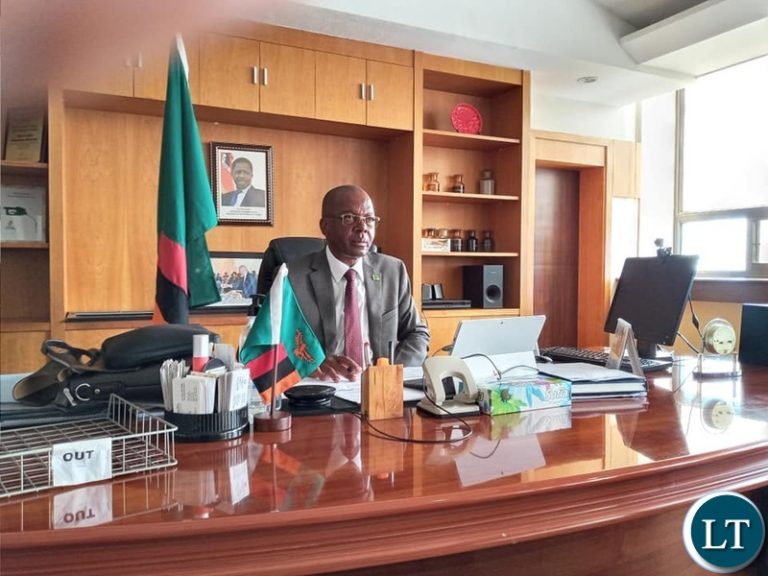The government has directed public service workers not to relent in stamping out corruption in the public service.
Ministry of National Development Planning Permanent Secretary, Trevor Kaunda said there is a need for government officers to take a leading role in weeding out corruption in public institutions and service delivery.
According to a press statement issued to ZANIS in Lusaka today, by ministry Spokesperson Chibabula Silwamba, Mr Kaunda said government officers should utilize the integrity committees that have been established in various ministries, departments and agencies to stamp out corruption.
The Permanent Secretary was speaking when he officially opened a five-day Anti-Corruption training for staff from the Ministry of National Development Planning and Levy Mwanawasa University Teaching Hospital.
The Anti-Corruption Commission (ACC) hosted the training to equip the participants with knowledge and skills to combat corruption and enhance public service delivery in their respective institutions.
“The fight against corruption requires the participation of all stakeholders. Anti-corruption crusade is not the responsibility of the Anti-Corruption Commission alone but every person in Zambia… It is in this vein that the Government has continued mainstreaming corruption prevention programmes in public institutions through establishment of integrity committees,” said Mr. Kaunda.
He pointed out that the establishment of Integrity Committees is one of the strategies being used by the Government to enforce the promotion of a zero tolerance culture to corruption in all ministries and other public institutions.
“You will agree with me that no meaningful development can take place where there is corruption and without appropriate strategies to curb the vice. It is for this reason that the Government through the Seventh National Development plan (7NDP), whose implementation is being coordinated by our ministry, has prioritised and mainstreamed corruption prevention in its developmental intervention,” said the Permanent Secretary.
Mr. Kaunda reminded the participants that the training of Integrity Committee members was a step towards implementation of President Edgar Lungu’s directive to operationalize Integrity Committees in public institutions to enhance the fight against corruption.
“This training of Integrity Committee members is a step towards implementation of the President’s directive and confirmation of his Government’s commitment to the fight against corruption,” said Mr. Kaunda.
He said Integrity Committee members were carefully selected to act as role models, and show exemplary behavior in work places as they serve the nation in curbing corrupt practices.
“The knowledge gained from this training is expected to be put into practice to the fullest and it is our expectation that you will fully apply yourselves in this noble national assignment. Your performance in the fight against corruption will be reviewed based on how your institution, particularly your work place, is performing on the integrity scale!” Mr. Kaunda said.


